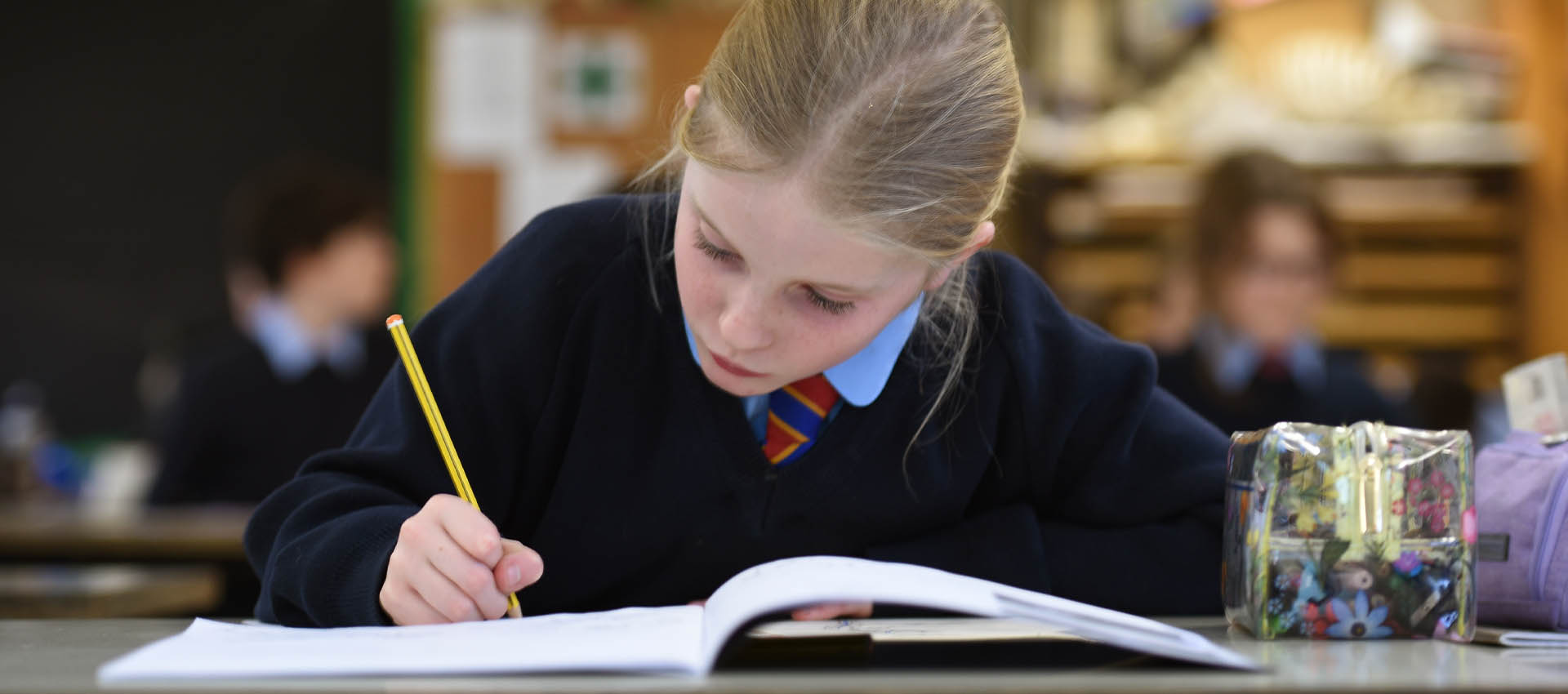History
History is vital for fulfilling our motto, “Students of today, citizens of tomorrow.” Aligned with the History National Curriculum, our curriculum uses the past to develop the skills and character required for future success and engaged citizenship.
The study of diverse societies, historical figures, and complex conflicts cultivates deep respect and kindness. By exploring the motivations and perspectives of people from different times and places, students develop empathy, understanding how varying beliefs and experiences shape the world, thereby promoting social cohesion.
History is a subject of intellectual determination. Students must rigorously analyze sources, evaluate competing interpretations, and construct evidence-based arguments, requiring resilience and precision. This process builds academic confidence, enabling students to articulate sophisticated historical judgements.
Finally, by studying cause and consequence, human rights, and political change, History instills a profound sense of responsibility. It equips students to understand the origins of contemporary issues, fostering the critical thinking necessary to become informed, ethical citizens who can thoughtfully contribute to the world of tomorrow.
At Ralph Sadleir we believe History is important because:
Understanding of the Past: History provides insight into the events, people, and cultures that have shaped the world we live in today. It helps students understand the roots of contemporary issues and developments.
Critical Thinking Skills: Studying history encourages critical thinking, analysis, and interpretation of evidence. Students learn to evaluate sources, consider multiple perspectives, and draw informed conclusions.
Cultural Awareness: History exposes students to diverse cultures, traditions, and experiences, fostering empathy and respect for different peoples and societies.
Identity and Heritage: Learning about historical events and figures helps students develop a sense of identity and connection to their own cultural heritage and that of others.
Citizenship and Civic Engagement: History provides a foundation for understanding democratic principles, governance structures, and civic rights and responsibilities. It encourages active participation in society and informed decision-making.
Resilience and Empowerment: By studying historical struggles, triumphs, and challenges, students learn about human resilience, perseverance, and the capacity for change. This knowledge can inspire and empower them to address contemporary issues and work towards a better future.
Appreciation of Progress: History highlights the progress that humanity has made over time in areas such as technology, medicine, human rights, and social justice. Understanding past achievements can inspire students to contribute positively to society.
| Year Five History Overview | |||||
| Autumn 1 | Autumn 2 | Spring 1 | Spring 2 | Summer 1 | Summer 2 |
| Who were the Mayans? | How did the Ancient Greeks influence the way we live today? | Why are the Tudors so important? | How did people live in Victoria’s reign? | ||
| Year Six History Overview | |||||
| Autumn 1 | Autumn 2 | Spring 1 | Spring 2 | Summer 1 | Summer 2 |
| How and why have crime and punishment changed through history? | How was WW1 fought? | How did WW2 shape Britain? | Herstory: How have women changed the world throughout history? | ||
| Year Seven History Overview | |||||
| Autumn 1 | Autumn 2 | Spring 1 | Spring 2 | Summer 1 | Summer 2 |
| How did the Norman Conquest change life in England? | What was it like to live in medieval times? | How did people live and work in Tudor England? | Why did the Reformation change religion in England? | Why was Elizabeth I an important queen? | How did the English Civil War and witch hunts affect people’s lives? |
| Year Eight History Overview | |||||
| Autumn 1 | Autumn 2 | Spring 1 | Spring 2 | Summer 1 | Summer 2 |
| Did the British Empire make Britain great, or cruel? | Did the Industrial Revolution make life better, or worse, for ordinary people? | Was Victorian Britain a place of progress or of poverty and crime? | Did the suffragettes really change society, or just challenge it? | How could the Holocaust happen, and what does it teach us about human choices? | Did the civil rights movement succeed in making society equal—or are there still struggles today? |


